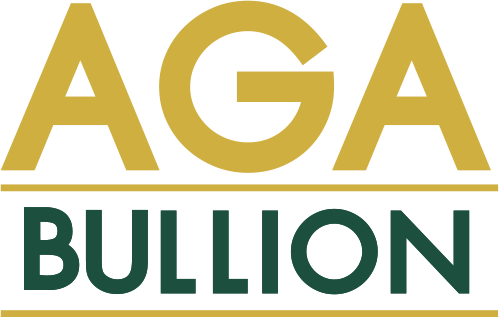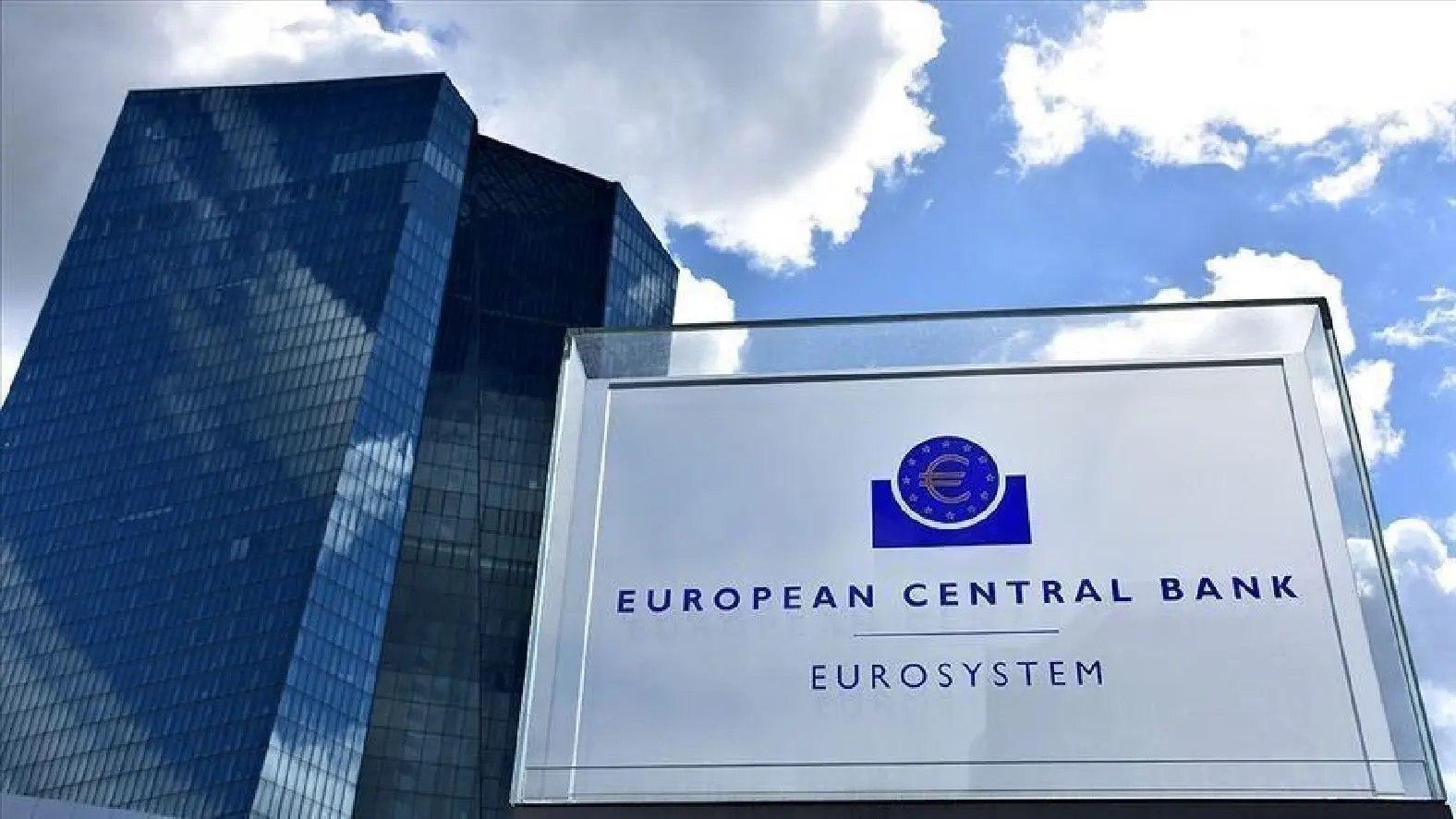Over the past month, several new developments have impacted the global markets. Most significant in this month’s compilation includes gold standing strong around $1850/oz despite bullish FED remarks, the Eurozone inflation figures, the first anniversary of the war in Ukraine and the dire state of the Turkish economy.
Gold Price Outlook
With gold continuing to hover around $1850/oz this month, the yellow metal has continued to defy the expectations of more bearish investors. As promised, the FED has raised its policy rates from 4.50% to 4.75%. While only a 25 basis point hike might be seen as a sign of FED slowing down, it is important to note that just a year ago the official rate was only at 0.25%.
The Federal Reserve has partially toned down its rhetoric by stating that only a few more rate rises would be needed to keep inflation in check, though once more emphasised that rates would be kept high until inflation is fully under control. In turn what this means is that it will take time for interests to catch up with inflation, therefore being a support to gold for a lengthier period of time.
The US inflation rate currently stands at 6.3%, forecast to fall slightly to around 6.2%. However, it is important to note that US inflation is still higher than the levels it hit during the 2008 financial crisis, and rates are still more than 1% lower than official inflation figures. Gold still has time to shine, though in time it might enter a slow but steady decline from its lofty highs.
Source: Trading Economics
US Inflation Rates 2000-2023
European Inflation Data
Last week, the latest European inflation data was announced, in which inflation fell from 8.6% to 8.5% annually. However, core inflation has continued to rise, hitting 5.6% in February, up 0.30% compared to last month’s figures. As per expectations, the ECB raised rates by 50 basis points, hitting 2.5%.
The EU has not been able to be as hawkish as the US and has lagged behind in raising rates. Additional pressure by the sanctioning of Russian energy has also played a part in keeping inflation high, and will continue to do so for an increased duration than the US. Germany has reported that its inflation rate reached 9.3%; however, the fallout from the embargo on Russian hydrocarbons have not been as devastating as previously thought.
Europe is almost through the winter; however, the following winter may have a more serious impact than the current one. EU storage has fallen to around 60-65% of its total capacity, and it is not a given that next winter the LNG terminals can come online. Overall, the EU is combatting higher inflation levels than the US, but despite this has seriously lagged behind in increasing policy rates.
Source: Eurostat / Trading Economics
The First Anniversary of War in Ukraine
On 24 February 2022, Russian forces crossed into Ukraine and began their invasion that has so far claimed the lives of tens of thousands of people, civilian and military alike. The economic implications, though nothing in comparison to the human toll, have been massive. Russia has been utterly sanctioned by the West, while the damage in Ukraine has recorded damage reaching up to tens of billions in USD.
Following Russia’s lightning speed advances in the first few weeks of the war, the conflict has morphed into a gruelling war of attrition akin to the trench warfare of the First World War. Western aid to Ukraine dramatically ramped up, with the US alone giving around 76 billion USD. The total sanctioning of Russia has also had a significant impact on the precious metals sector and importation of Russian gold, 10% of all gold mined annually in the world, by Western companies have stopped in its entirety.
One final very interesting point regarding the precious metals industry is Russia’s increasing cooperation with South Africa. Together, the two countries amount to almost 80% of the world’s palladium supply and therefore hold considerable control over the autocatalyst manufacturing sector. With everyone Western and Russian alike adapting to the new normal, it seems that there is no clear end in sight for the war.
Source: US Geological Survey / Statista
State of the Turkish Economy
Turkey’s latest inflation figures have been released, which officially came in at 3.5% monthly and 70% yearly respectively. An independent inflation research group, called ENAG, has announced a rate of 5% monthly and 120% per annum respectively. While inflation has slowed down slightly, it is still staggering even when compared to the likes of the EU or the rest of the developing world.
The foreign account deficit of the country has widened tremendously, recording a rise of 40% from 10 billion USD to 14 billion USD in January this year compared to January of last year. As a result, the government has brought in a number of restrictions on trade and currency exchange, which has also affected the international bullion trade.
A crucial election is forecast to be held on 15 May in which President Erdogan will seek a third term in office in one of the most hotly contested elections of the nation in decades. There had been a large coalition of opposition parties that were running under a united platform that was a threat to Erdogan’s electoral prospects. However, the fragile alliance broke apart last week when the second largest party in the 6 party coalition left the pact.
Source: bne.IntelliNews
Additional Short News:
Nigeria, Africa’s largest democracy, has had an election to select its president this month. The election was won by one of the traditionally dominant parties by getting almost 37% of votes, but the two other major candidates are contesting the result. It remains to be seen if any one of these can solve Nigeria’s countless troubles.
The UK and the EU have reached yet another deal aimed at resolving the Northern Ireland crisis caused by the current Brexit arrangement. Both sides are hopeful it will reduce trade friction between the UK and Northern Ireland, and help restore strained ties. What is important here is that both sides are acting constructively towards each other, which is a positive sign for the economies of both sides.







